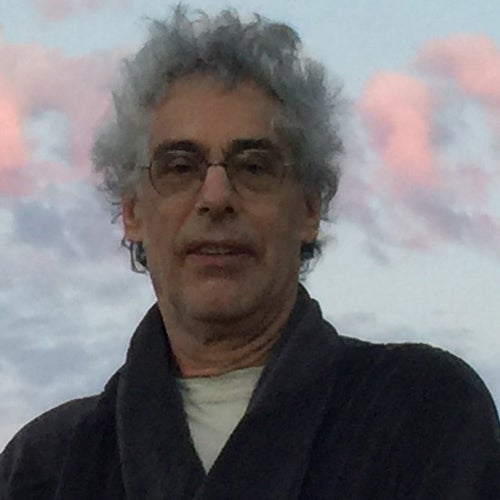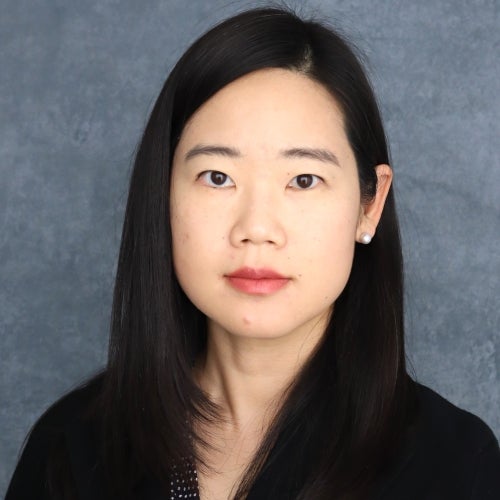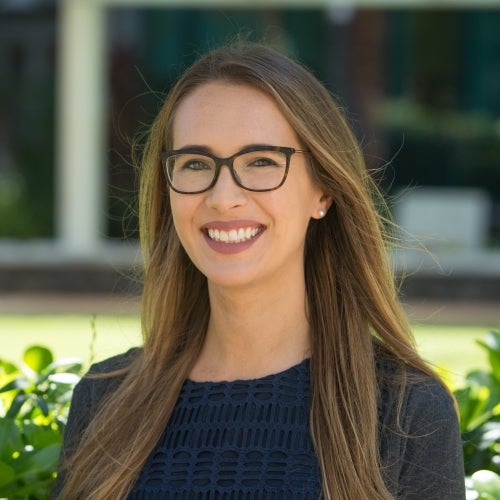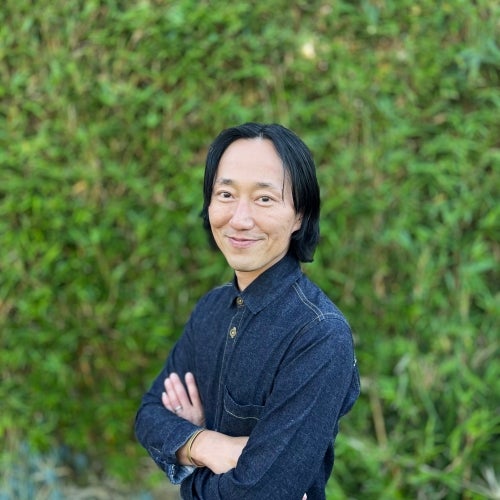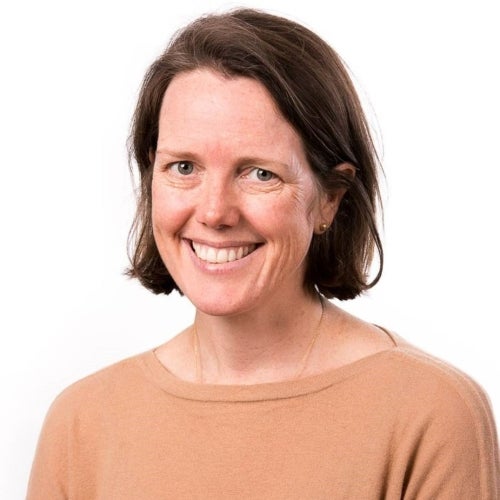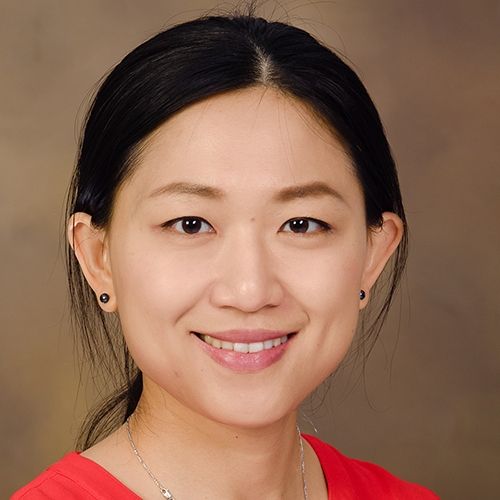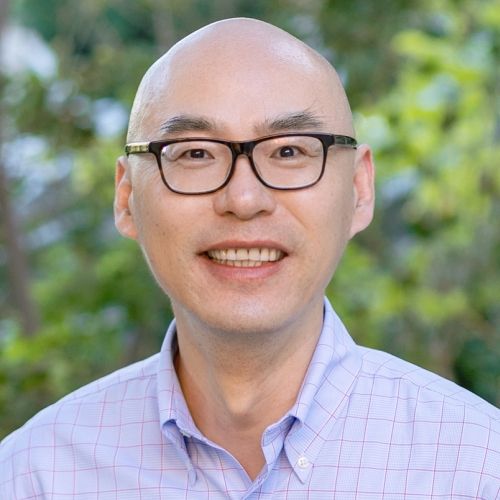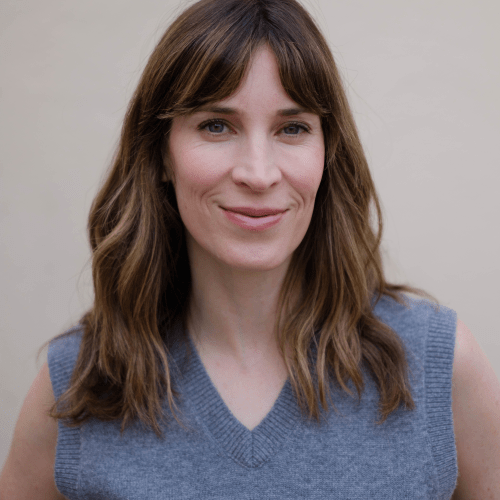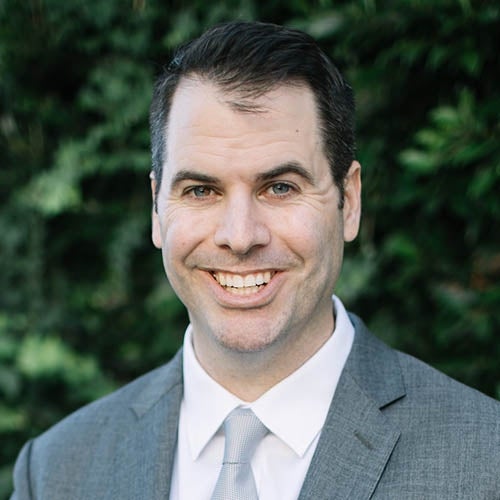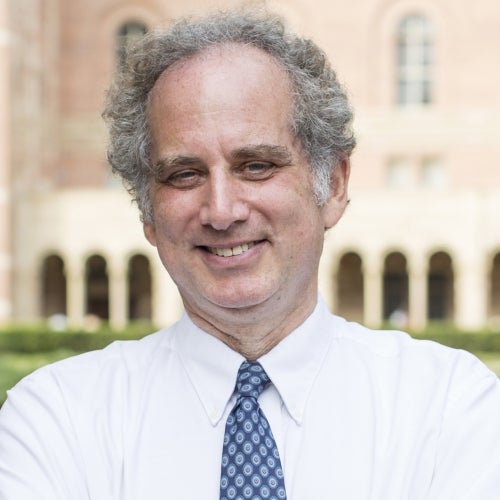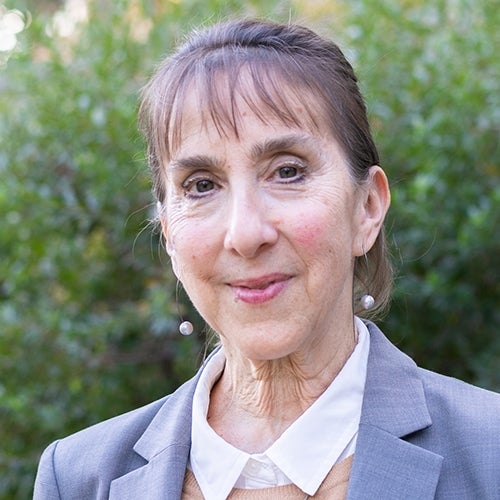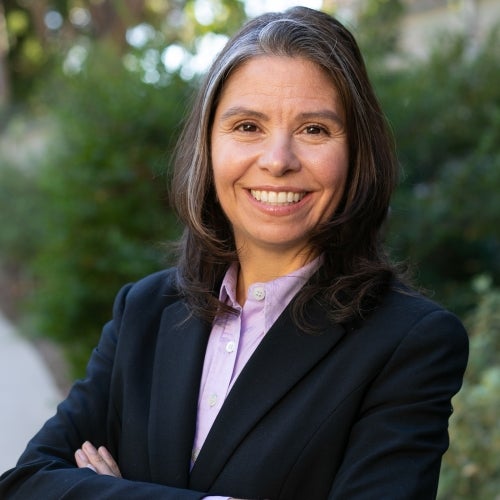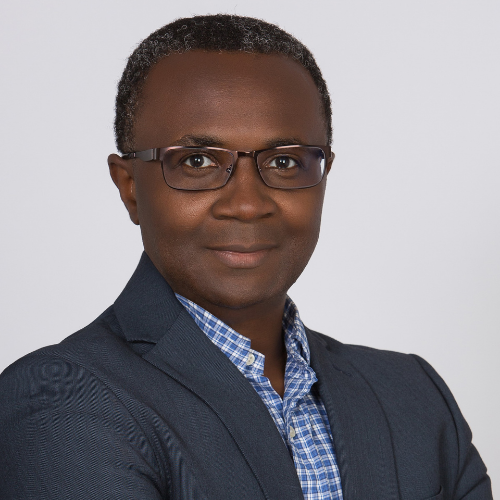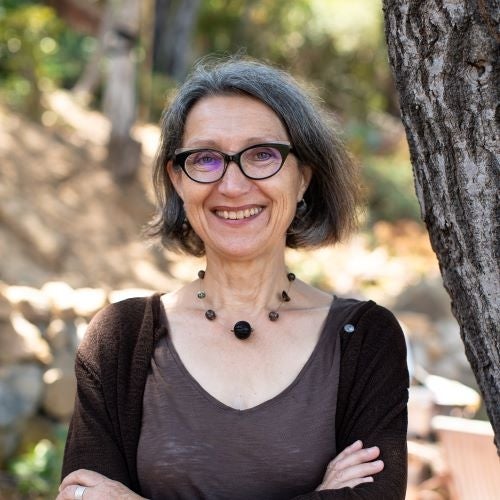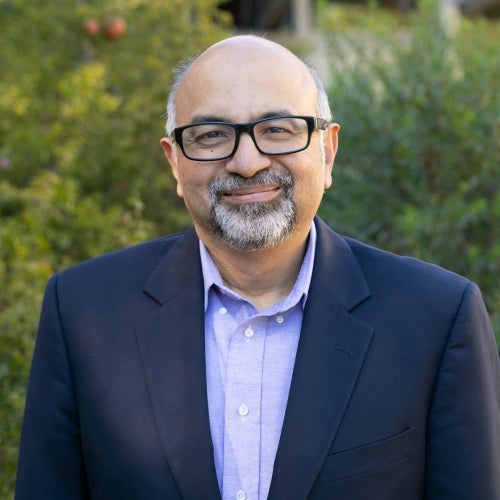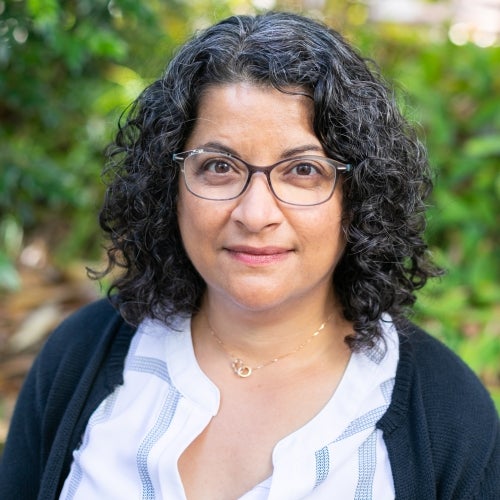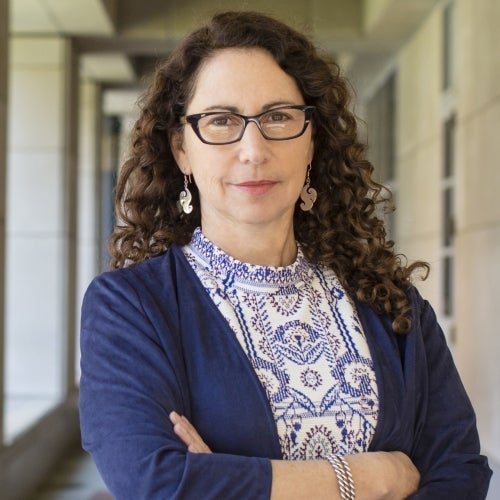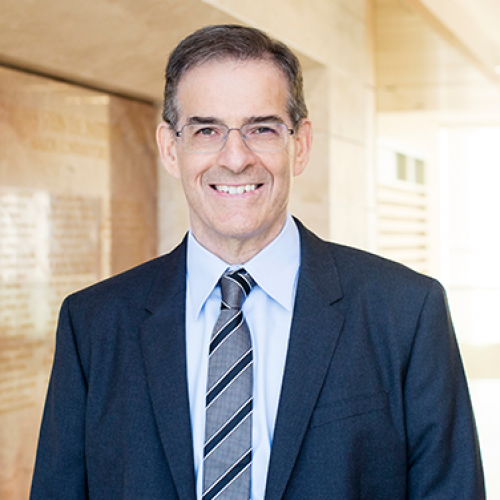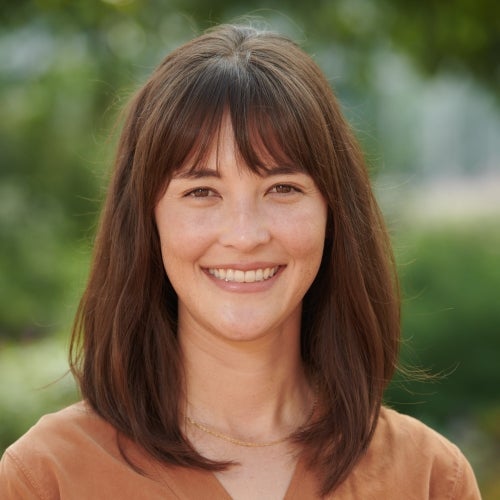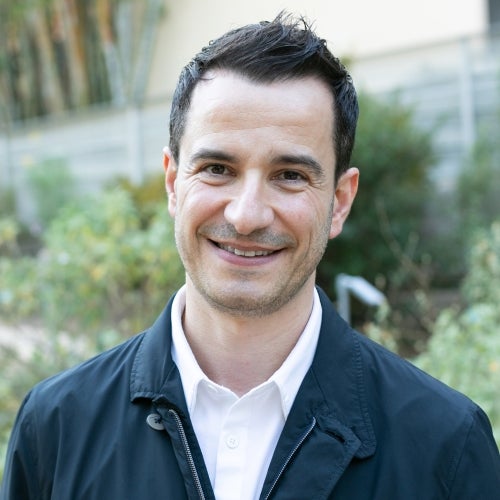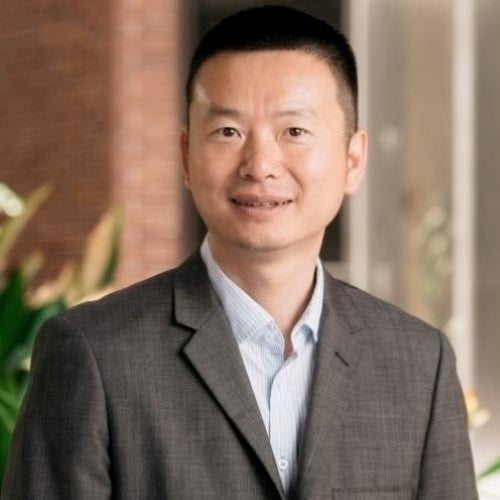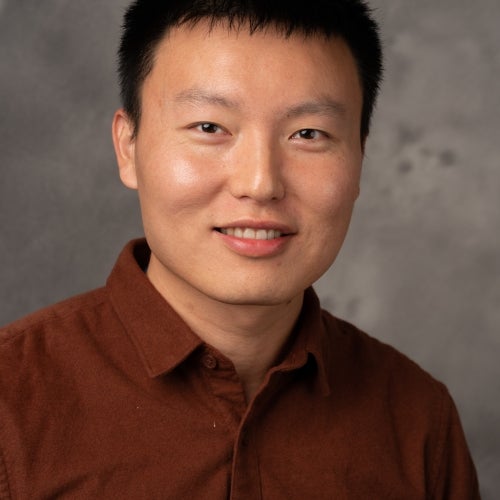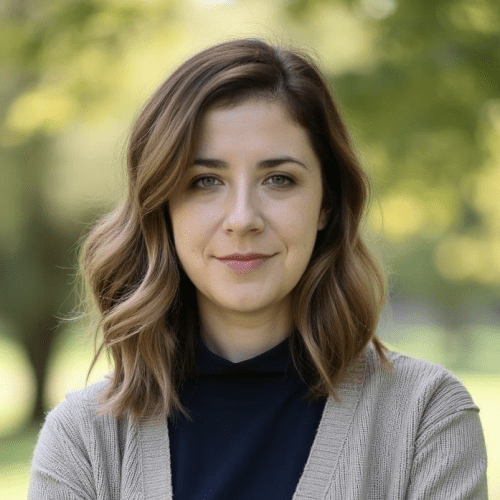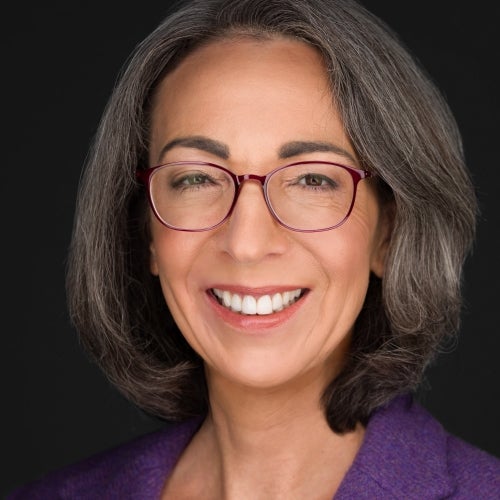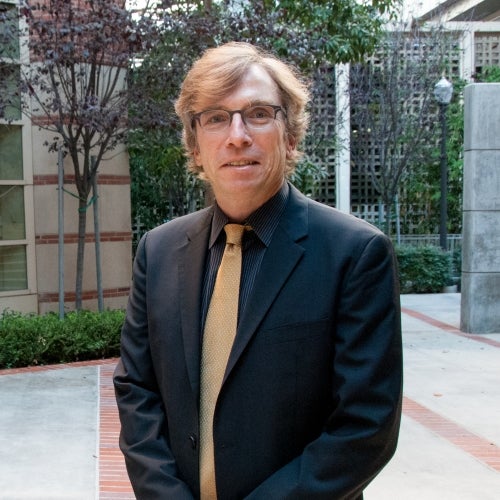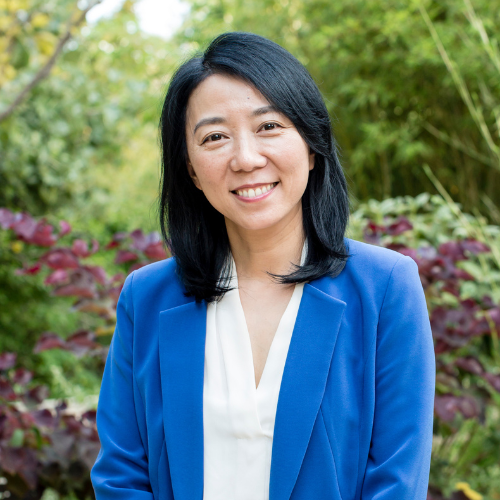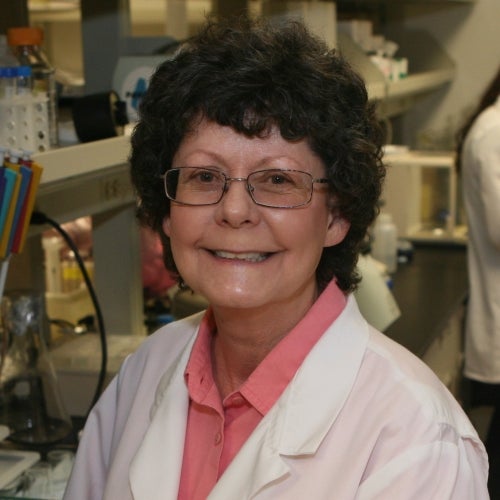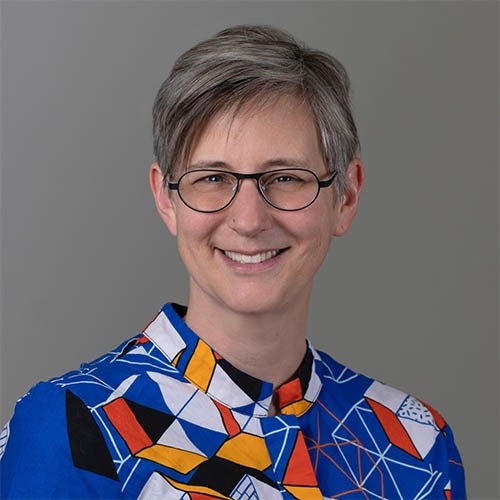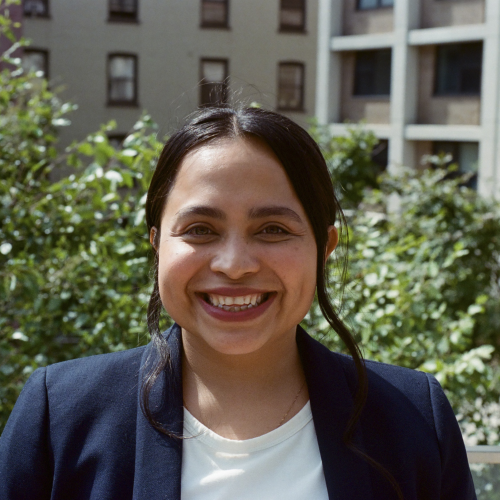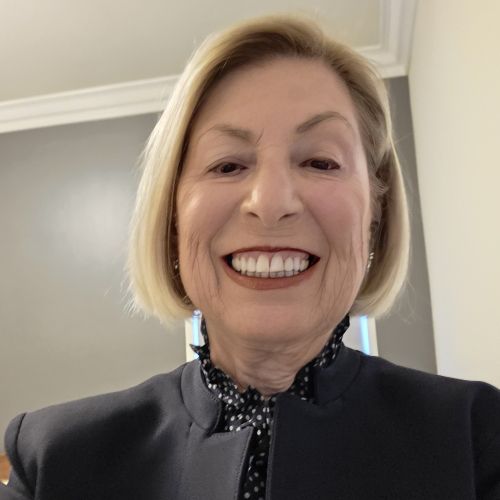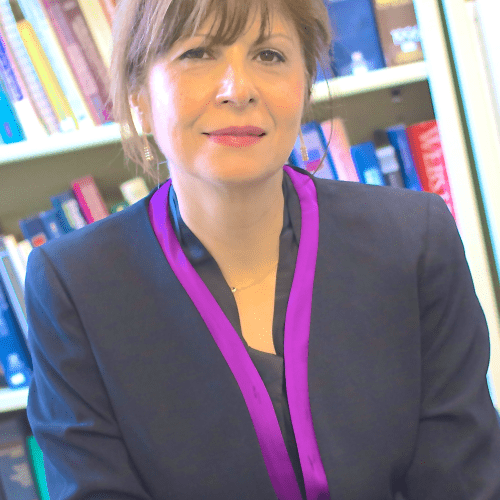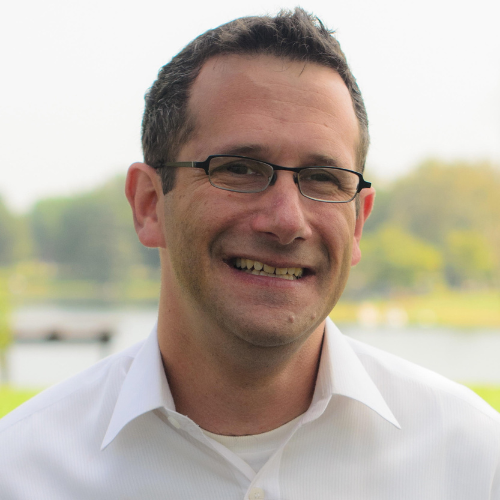Five UCLA Fielding School of Public Health scholars among most highly cited researchers for 2022
The world’s most influential researchers include 39 UCLA scholars - and five of them are faculty at the UCLA Fielding School of Public Health.
The world’s most influential researchers include 39 UCLA scholars - and five of them are faculty at the UCLA Fielding School of Public Health.
The Highly Cited Researchers list, compiled annually by analytics firm Clarivate, identifies scholars whose work has been cited most often in papers published by other researchers in their fields over the past decade. Those chosen for the 2022 list have authored studies that rank in the top 1% in the number of scholarly citations worldwide. Several UCLA scholars were among the most highly cited researchers in more than one of the list’s 22 research categories.
“The Highly Cited Researchers list identifies and celebrates exceptional individual researchers at UCLA who are having a significant impact on the research community as evidenced by the rate at which their work is being cited by their peers,” said David Pendlebury, head of research analysis at the Institute for Scientific Information at Clarivate. “These individuals are helping to transform human ingenuity into our world’s greatest breakthroughs — and it is an honor to celebrate their achievements.”
Current UCLA Fielding School of Public Health (FSPH) faculty members and researchers who were named to the list, and their primary UCLA FSPH departments or fields, are:
Dr. Sander Greenland, (MS, '76 and PhD, '78) UCLA Fielding School professor emeritus of epidemiology, whose research focus includes epidemiologic assessment of medicines and medical technology, as well as infectious diseases. Greenland is a fellow of the Royal Statistical Society and a fellow of the American Statistical Association; his latest work focuses on research methodology and reporting accuracy, including treatments for COVID-19.
Dr. Steve Horvath, UCLA Fielding School professor of human genetics and biostatistics, is an expert in epigenetics, using data science, DNA, and the genome to study age-related human diseases. Horvath's research also includes biology and genetics, and recent work includes research that has found links between lead exposure and Parkinson's Disease.
Dr. Michael Jerrett, UCLA Fielding School professor of environmental health sciences, is the immediate past chair of the Department of Environmental Health Sciences, with expertise in the impact of climate change and health equity on public health. Jerrett's current work includes research into air pollution and the built environment, including research that found poor air quality contributes to the development of Type 2 diabetes.
Dr. Carol Mangione, UCLA Fielding School professor of health policy and management, is a physician who also serves as Division Chief of General Internal Medicine and Health Services Research and professor of medicine in the David Geffen School of Medicine at UCLA. Mangione is also currently chair of the U.S. Preventative Services Task Force and a practicing primary care physician whose expertise includes diabetes, diabetes prevention, health disparities, aging, health insurance benefit design, preventive services, and public health policy.
Dr. Marc Suchard, UCLA Fielding School professor of biostatistics, is a physician and mathematician who uses data science in the field of evolutionary medicine, harnessing evolutionary biology methods and theory to advance doctors' understanding of human disease processes. Suchard's current work includes research that has found American Indian/Alaska Native, Hispanic, and Black Americans have suffered the most during the pandemic, both in mortality and in years of potential life lost.
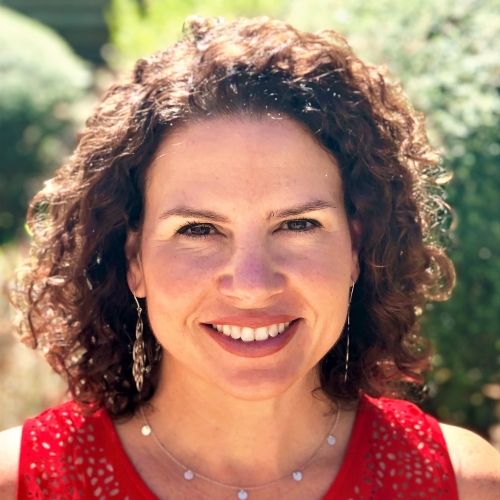
Dr. Joseph Davey is an infectious disease epidemiologist with over 20 years' experience leading research on HIV/STI services for women and children.
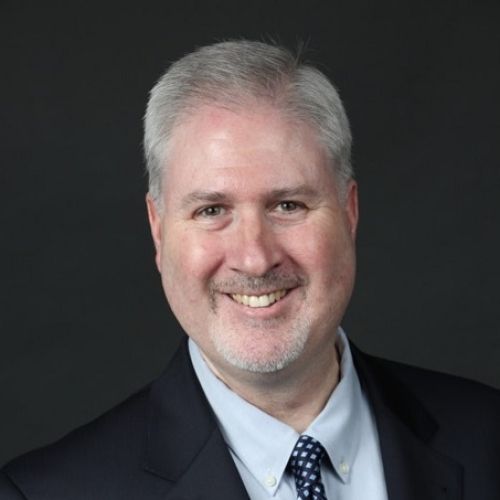
Automated and accessible artificial intelligence methods and software for biomedical data science.

Dr. Anne Rimoin is a Professor of Epidemiology and holds the Gordon–Levin Endowed Chair in Infectious Diseases and Public Health.
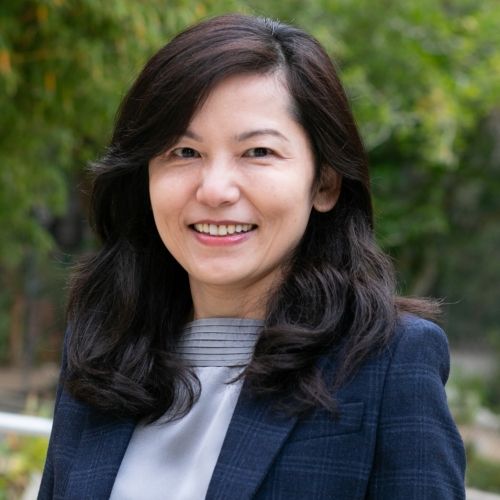
Associate Professor for Industrial Hygiene and Environmental Health Sciences

Dr. Ron Andersen is the Wasserman Professor Emeritus in the UCLA Departments of Health Policy and Management.

Professor of Community Health Sciences & Health Policy and Management, and Associate Dean for Research

Dr. Hankinson is a Distinguished Professor of Pathology and Laboratory Medicine, and of EHS, and Chair of the Molecular Toxicology IDP
Nationally recognized health services researcher and sociomedical scientist with 25+ years' experience in effectiveness and implementation research.

EMPH Academic Program Director with expertise in healthcare marketing, finance, and reproductive health policy, teaching in the EMPH, MPH, MHA program
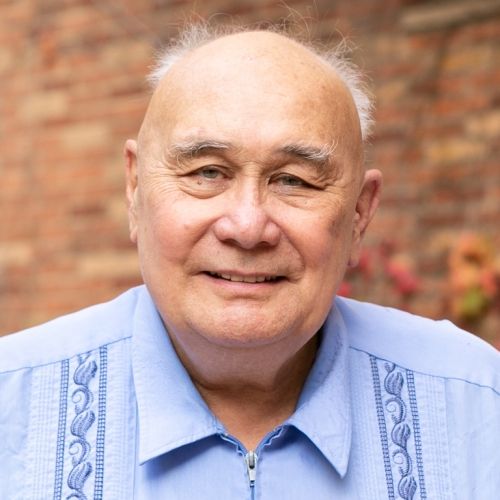
Industrial Hygiene & Analytical Chemistry

Automated and accessible artificial intelligence methods and software for biomedical data science.
